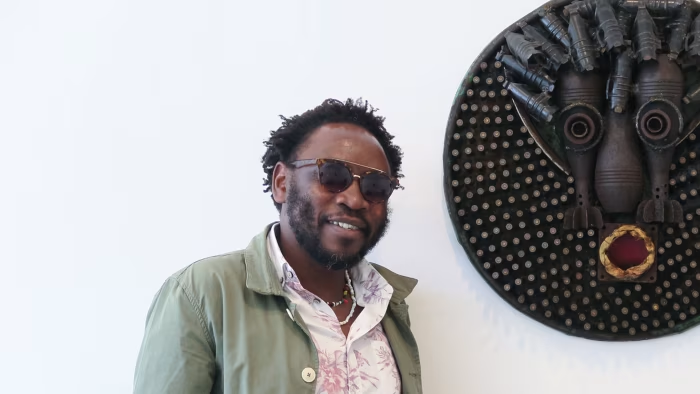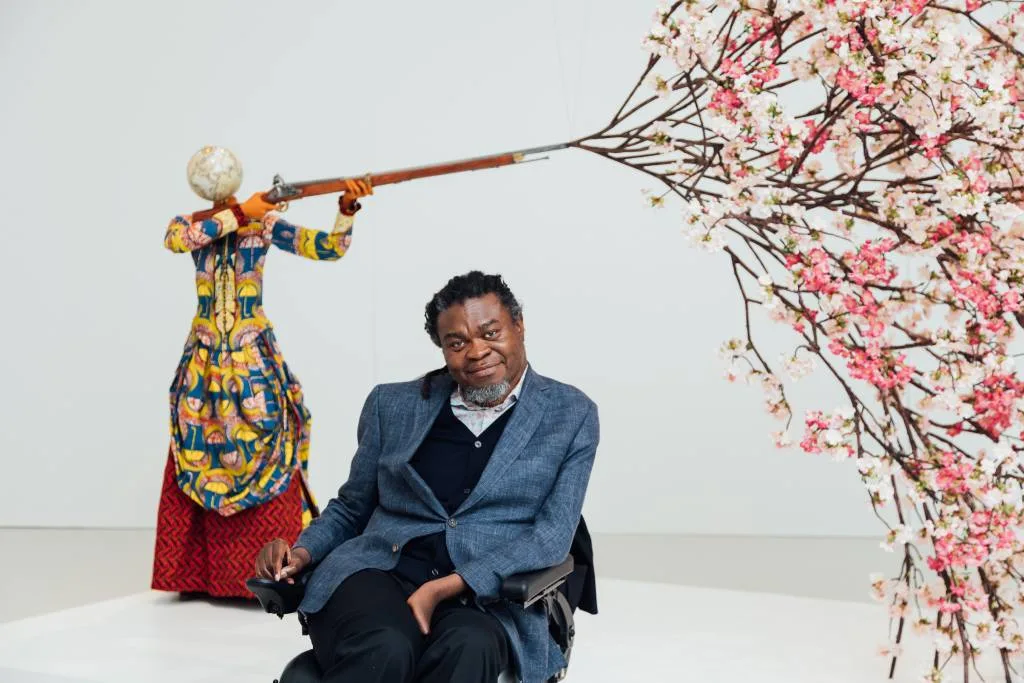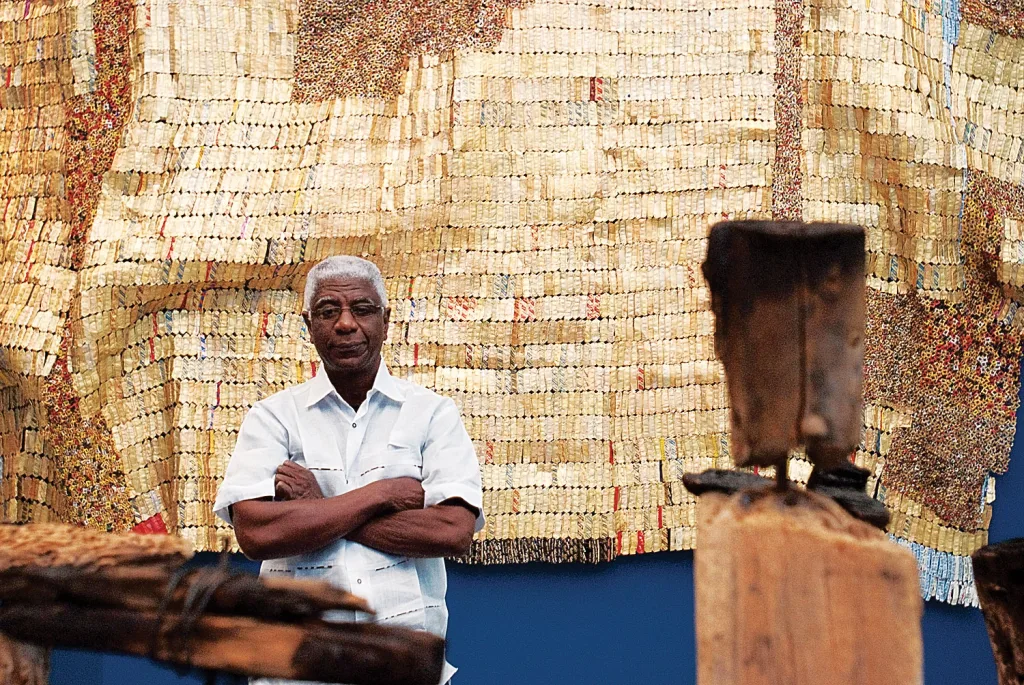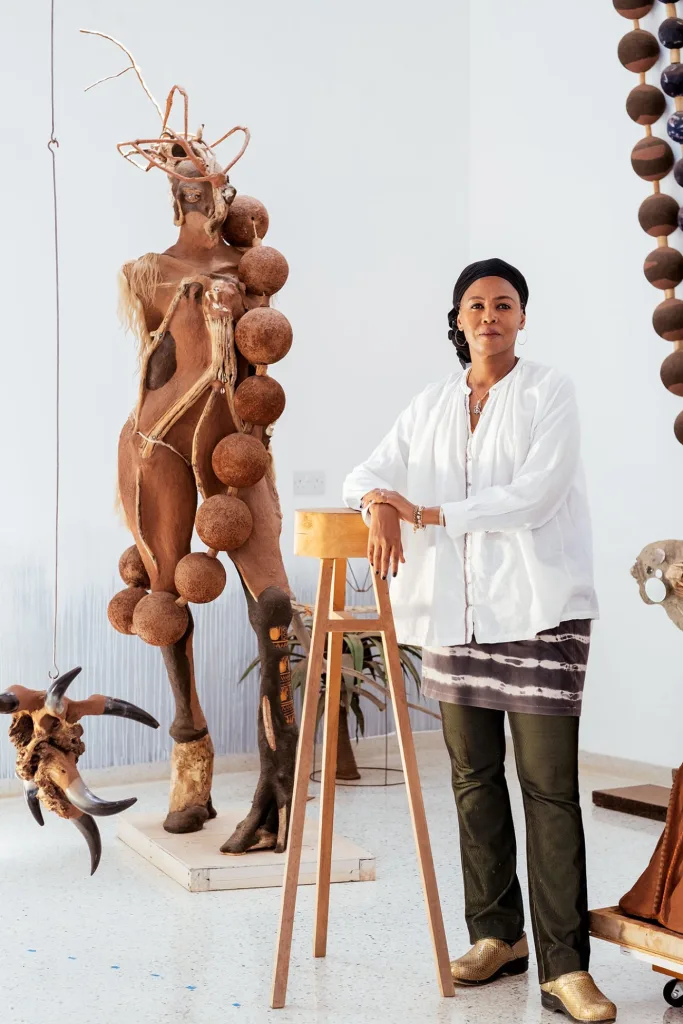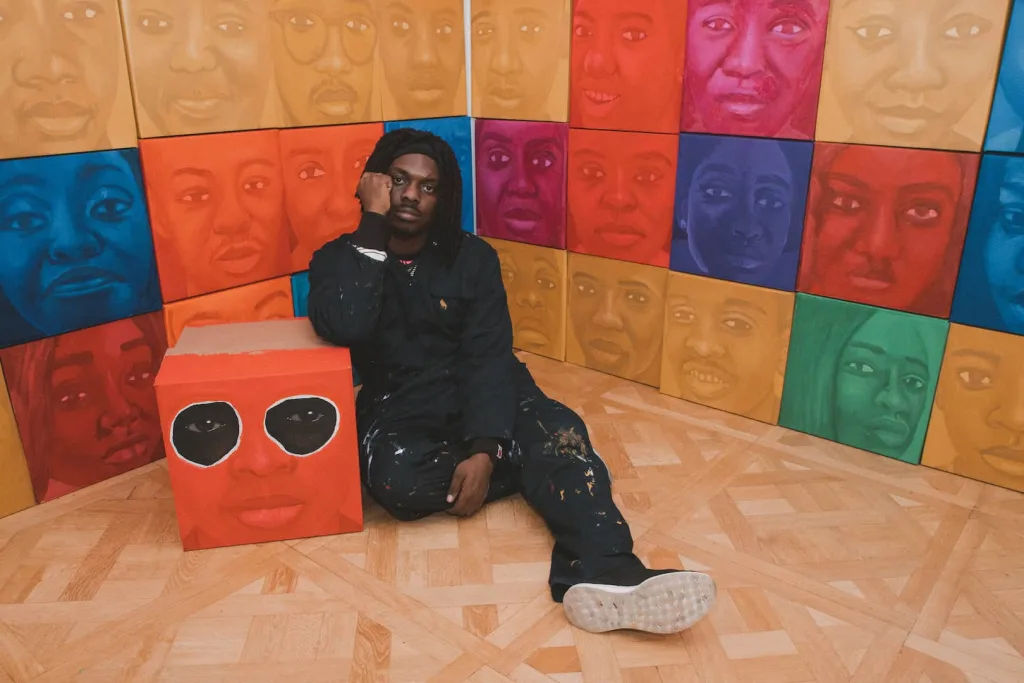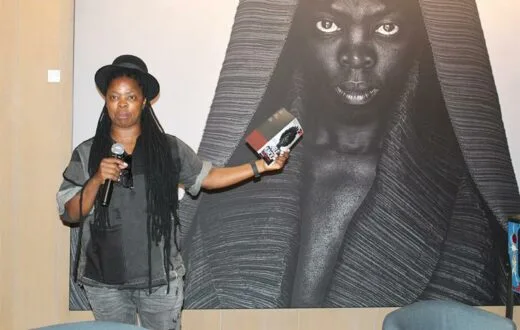“The pen is mightier than the sword,” is a famous quotation from Edward Bulwer- Lytton. The crux of that sentence is that a masterful use of communicative skills will trump the use of violence in driving change. Much like the pen, activism-infused art can be a significant mechanism of change. Since, at the heart of art lies the desire to communicate an important message.
Due to colonialism and the persistence of racism in its wake, contemporary art in Africa has mostly revolved around these concepts. Rightfully so, because they have had such damaging effects on Africans that it’s still a very relevant subject of discourse today.
Regardless of this vital subject, Africans have other issues to contemplate alongside colonialism. Hence, it is understandable that artists in Africa and in the diaspora are using their works to express these prevalent issues. Through their artistic creations, these artists are shaking up the status quo and raising awareness to drive political and social change.
Let’s now take a walk down a lineup of African Artists who are amplifying awareness of social and political issues that are synonymous with Africa and Africans.
Gonçalo Mabunda
Through the transformation of deactivated weapons into symbolic pieces, this Mozambican sculptor furthers his anti-war activism. The 16-year Mozambique Civil War which caused the demise of over 1 million people is the main theme of Gonçalo Mabunda’s works. Using AK rifles, pistols, rockets and shell casings, Mabunda crafts human-like figures. These figures represent the people lost to the civil war. Altogether, his work amplifies the message of war’s absurdity.
Yinka Shonibare
Known for his use of African Wax Print fabrics/Dutch wax prints (more commonly known as Ankara in Nigeria), Yinka Shonibare is a British-Nigerian multi-disciplinary artist. Through his vibrant sculptures, paintings and installations, he draws attention to the indelible influence of colonialism on contemporary African communities. He also examines the interrelationship between African culture and that of the West.
El Anatsui
This Ghanaian contemporary artist is using his vibrant large-scale junk art to redefine conventional perceptions on what qualifies as beautiful. El Anatsui‘s artworks which consist of used and discarded waste forces one to see that even things which are considered useless can be rebranded into beautiful pieces. This could easily be interpreted to propagate the idea of waste recycling and how it could preserve the environment.
Wangechi Mutu
With her multimedia channels of artistic expression, Wangechi Mutu consistently deconstructs the notions of gender from a feminist standpoint. According to her, her work “describes the “condition of being human and the condition of being a female human.” This Kenyan contemporary artist aims to get her audience curious enough to develop some compassion for others.
Ken Nwadiogbu
Ken Nwadiogbu is a Nigerian artist who puts a contemporary spin on his hyper-realistic charcoal drawings and paintings. In one of his solo exhibitions titled, ‘Journey Mercies,’ he highlights the emigration of young Africans to other parts of the world due to insecurity and bad governance. The installation of stacked cardboard boxes of faces drawn with charcoal and painted with acrylics mirrors the collective value that these immigrants bring into the countries they settle into.
Zanele Muholi
Zanele Muholi is one of the most prominent advocates for the LGBTQ+ community in the African art scene. This South African artist has harnessed the power of photography to portray the reality of the LGBTQ+ community in their home country. Consequently, this has helped with raising awareness and opening conversations concerning LGBTQ+ people in Africa.
In their own distinct ways, these artists have raised awareness for different forms of injustices and social imbalances. This goes to show that art is a very crucial tool for change in our societies especially in the bosom of renowned and skilled artists.

